AU undergraduate research team participates in national advocacy program
“This was a unique opportunity for the students because they are taking their research and explaining it to legislators,” says Deborah Jehu, PhD.
Do you see yourself developing new drugs? Learning how chemistry works in the body
or in the environment? Working in the nuclear science industry or a forensic lab?
Then, a Bachelor of Science in Chemistry might be the major for you.
The Department of Chemistry & Biochemistry programs from the College of Science and Mathematics’ prepares students for a variety
of career pathways, including medicinal, pre-health grounding, biochemistry, industrial
preparation, nuclear, and forensic.
A Chemistry degree from Augusta University offers an experience like no other — one
that can put your math and science skills to use and get you into a professional or
graduate program to solidify the career path you want.
Chemistry is for you if you consider yourself
What You'll Study
Students begin with a foundation in general chemistry, building their understanding of atomic structure, bonding, and chemical reactions. They then delve deeper into specialized areas like organic chemistry, which explores the intricate world of carbon-based molecules, and inorganic chemistry, exploring the diverse properties of inorganic compounds. Throughout the program, laboratory experiences solidify theoretical knowledge and hone practical skills, making Augusta University graduates well-equipped for success in various chemistry-related fields.
Tracksheets: Biochemistry | Forensic Science | Medicinal Chemistry | Nuclear Science | Professional Chemistry
Focal Points
Experience-based Education
An updated list of external fellowship and scholarship opportunities helps you find
those connections that can make a positive difference in your academic or professional
career.
The Center for Undergraduate Research helps match students to faculty research, hosts
professional development workshops, and offers funding assistance twice a year to
support faculty-led student research.
On-campus funding to support student research can lead to peer-reviewed publications
and grant proposals — things that get you noticed by employers and graduate programs.
Whether you’re an undergraduate or graduate student, you’ll have opportunities to create your own research projects or work with faculty to tackle some of the world’s most complex and pressing challenges.
A new, state-of-the-art building with 22 teaching labs, a tutoring center and a top floor dedicated to research is located on the Health Sciences Campus, maximizing educational and research opportunities.
The College of Science and Mathematics’ living learning community helps incoming freshmen thrive during that critical first year of college by offering a supportive network of like-minded students and plenty of engagement opportunities.
A tutoring center specifically for science and math students is located on the Health Sciences Campus, with similar help also offered at the Academic Success Center on the Summerville Campus.
Your Future
Chemists work in a wide range of fields, including archeology, quality assurance and control, the pharmaceutical industry and forensics.
While the earning potential varies by specialization, the U.S. Bureau of Labor Statistics reports that chemists and material scientists have a median income of $79,760 per year.
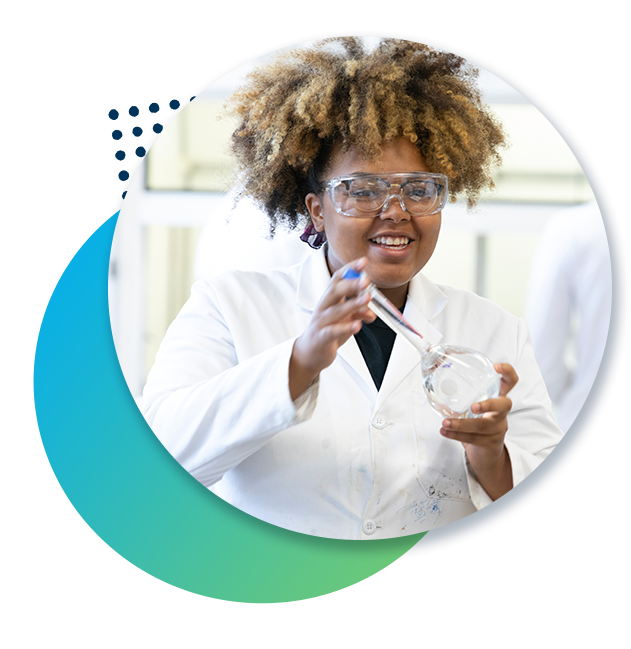
A new building in the heart of the Health Sciences Campus puts Chemistry students in the middle of the university’s research enterprise, maximizing opportunities for internships and mentorships.
A full range of student support services exist to make sure that students have the opportunity to find assistance, advice or mentorship.
Easy access to faculty ensures students receive the individual attention and mentorship opportunities they need to help them stand out when moving into their careers or on to the next academic challenge.
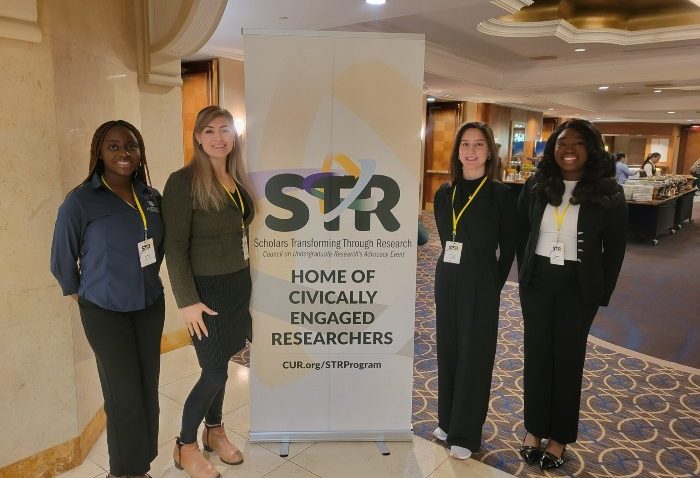
“This was a unique opportunity for the students because they are taking their research and explaining it to legislators,” says Deborah Jehu, PhD.
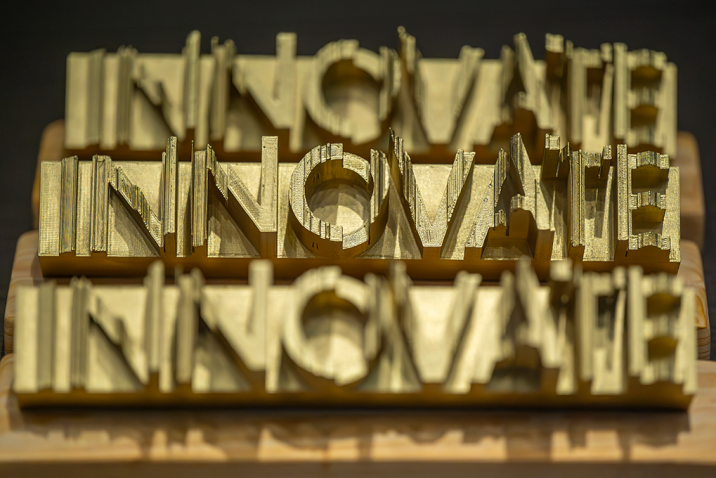
"The competition supports building a community of thinkers who elevate one another,” says Lynsey Steinberg.
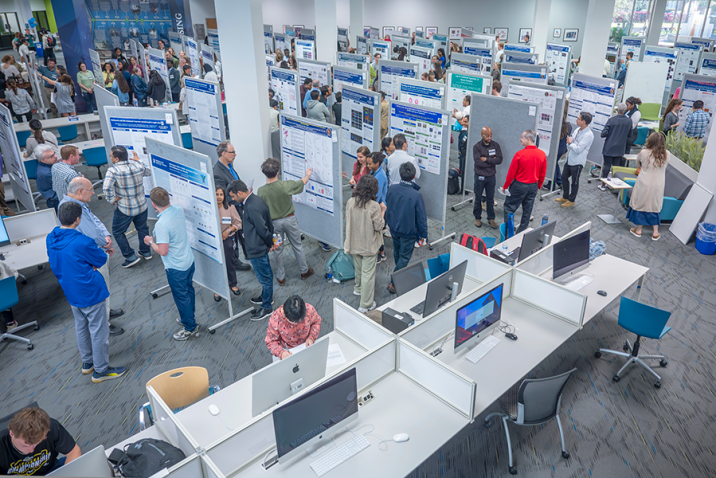
"We are a research-intensive university, and it's reflected in the work that our students are doing," says Interim Provost and Dean of The Graduate School Jennifer Sullivan, PhD.
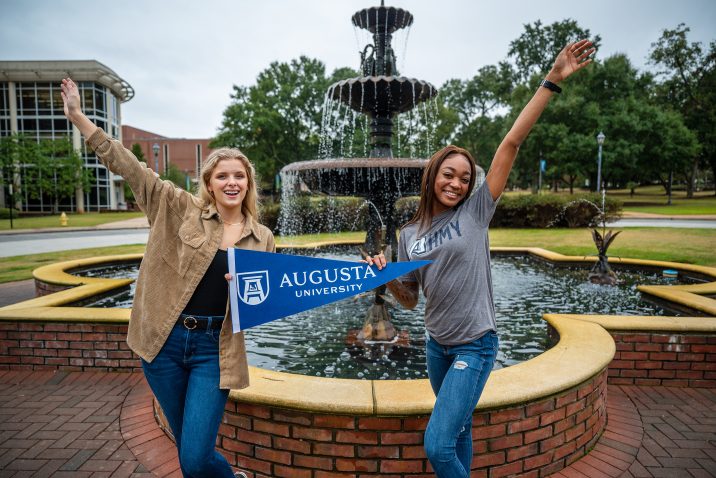
"Augusta Gives supports scholarships, athletics, academics, research, innovation and other essential programs," says Kristina Baggott.